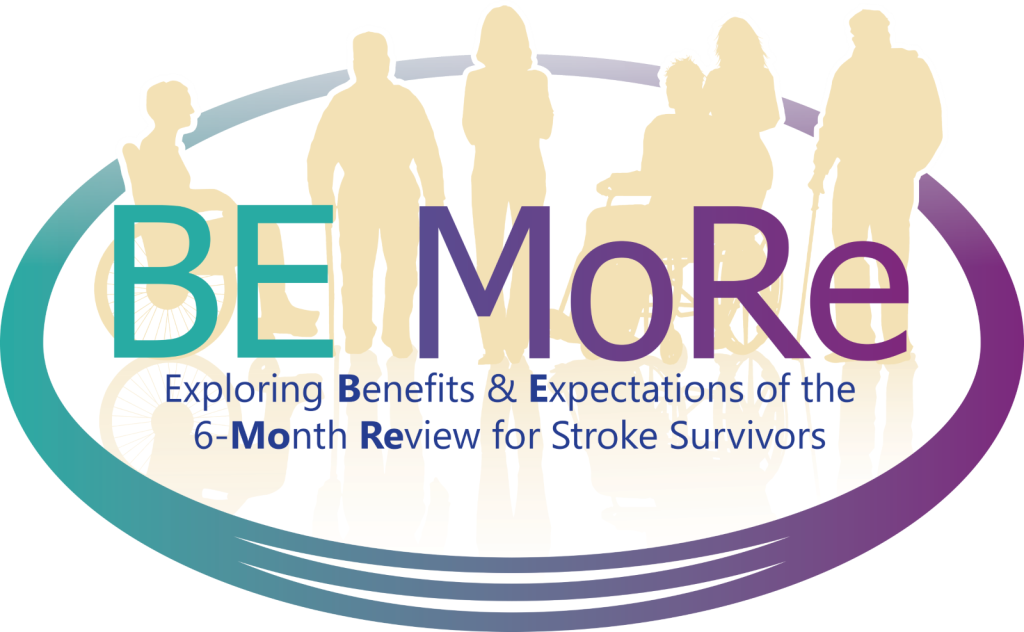
Meet Rich Holmes, Extended Scope Physiotherapist, NIHR Doctoral Clinical Academic Fellow.
Richard Holmes has been working at St Richard’s Hospital since he qualified in 2006, specialising in neurology in 2009. He became involved in research during his MSc in 2017.
Getting involved in research
He said: “I did an MSc originally to develop extended skills in spasticity management, but it sparked my interest in how research can improve patient care. Following my MSc, I undertook a NIHR/HEE internship to develop my research ideas. I then developed these ideas to carry out some research projects when I completed the Clinical Improvement Scholarship at WSHT.
“These 2 programs developed my understanding of research methods and gave me the confidence to apply for the NIHR Doctoral Clinical Academic Fellowship which in turn has provided me with time and funds to not only develop my research skills but also to enhance my clinical practice and deepen my learning in education and leadership.”
Researching stroke care
Rich’s current study is called ‘BE MoRe’ (Exploring the Benefits and Expectations of the Six-Month Review for Stroke Survivors).

He said: “The study is about an aspect of long-term stroke care in which stroke survivors should have a review of their health and care needs six-months after they have been discharged from hospital (called the Six-Month Review for Stroke Survivors).
“There is a large degree of unwarranted variation in how this review is delivered and a high number of areas don’t deliver it despite it been in national guidelines. Furthermore, it is unclear if all stakeholders agree on what the purpose of the review is.
“There has been very little research on this topic exploring if, why and how it works. My research is hoping to unpick some of this by exploring the Six-Month Review process from the perspective of different stakeholders so that I can develop theory about how it should work and what the essential components are.
“I first became interested in this aspect of the topic after speaking with stroke survivors. My original idea was centered around trying to develop a tool which would help stratify patients into different groups dependent on their predicted needs.
“Speaking to patients and understanding the problems they face showed me that I was trying to oversimplify a very complex process that stroke survivors experienced in very different ways. This led me to develop the current project which is much more focused on capturing that experience and using this to improve the review process.”
“I hope to be able to develop theory regarding what the essential components of the Six-Month Review are and what are features that can be adapted in response to local context. Doing so will allow us to better articulate if, how and why the Six-Month Review process works and will enable easier implementation in the future. In an ideal world, this will mean stroke survivors get a better equity of access to a more robust review process that can support them more in the long-term.”
Plans for the future
Rich said: “Once I finish my Fellowship, I hope to undertake a clinical role that includes a research element. Depending on the scope of my next project I will discuss with my supervisors about applying for more NIHR funding. The opportunities for development the NIHR have afforded me have been incredible, so if I can continue with something similar, I would be very happy.
“I also hope to take the lead on larger studies. My supervisors for my PhD are based in the North West so it would be great to develop our working relationship and begin a collaboration across the country working on enhancing stroke rehabilitation. But I think they will want to see how the PhD goes before they commit to that!”
Proudest research achievement
“I think being successful for the NIHR Fellowship was my proudest achievement. It was two years of hard-work and late evenings (as well as very early morning calls to researchers in Australia for advice). Although the research isn’t complete yet, it really feels like the work will result in real change for patients and carers in the longer term.
“Other highlights include been published in international journals and having an abstract accepted by the World Stroke Organisation.
“Whilst not a ‘research’ project, the publication I am most proud of was a service evaluation I did with a colleague looking at the negative consequences neurological patients face when managed on clinically inappropriate wards. This was by no means a rigorous piece of research, but I am proud that I have been able to highlight the impact our services can have on an often-forgotten cohort of patients.”
Advice for those considering research…
“Don’t just sit on an idea. Talk to anyone and everyone about it (including patients and carers). Network, network, network. Research is a vital part of clinical practice, and we all have a role to play. The best ideas for change and improvement come from clinicians on the frontline who know the needs and wishes of their patients.
Also, find a mentor to help guide you. Undertaking research and publishing the results can be quite daunting and people often experience ‘Impostor Syndrome’. A mentor can give you practical advice on how to navigate the various processes and be a reassuring voice when everything goes pear-shaped!”